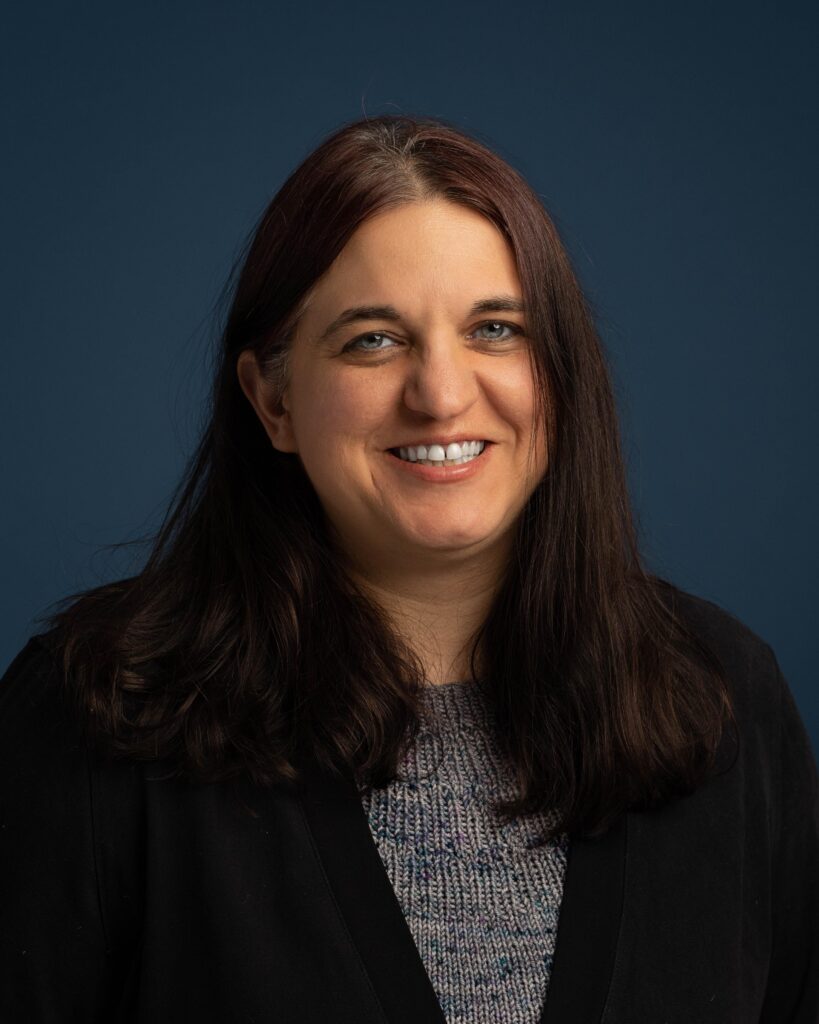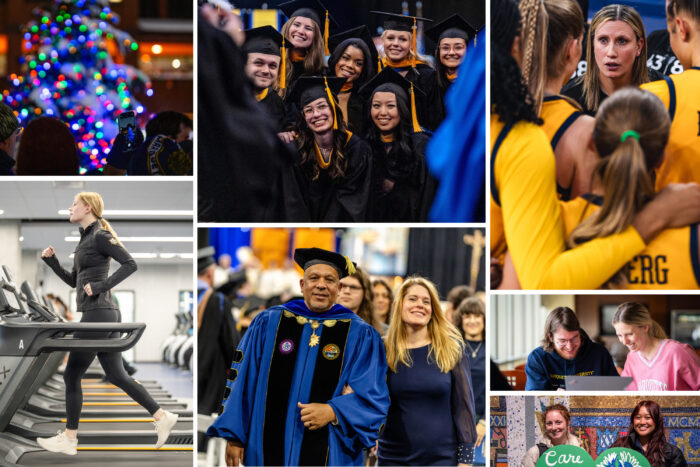
Safeguarding next year’s U.S. elections has become top of mind after concerns over fraud in past elections and a distrust of the election system. Dr. Julia Azari, professor of political science, is one of two dozen of the nation’s leading experts on law, elections and information security who are aiming to help the election process function seamlessly. The nonpartisan panel has issued a report titled, “24 for ’24: Urgent Recommendations in Law, Media, Politics and Tech for Fair and Legitimate 2024 U.S. Elections.”
Azari holds a Ph.D. in political science from Yale University, and her research and teaching focuses on the American presidency, American political parties, political communication and American political development.
Here in a Q&A, Azari answers questions related to the expert panel report and safeguarding the 2024 election.
The nonpartisan panel report that you were involved with decided the highest recommendation for safeguarding elections is for states to change laws to protect election officials from violence and threats. How should states go about doing that?
These laws vary a lot by state and locality. Some of the main priorities in the report were for election officials to have their addresses and information about their families remain private because of harassment. At the public part of the conference that produced this report, an election official from Arizona joined us and played some of the threatening and obscene voicemails he had received while doing his work. The report reflects the importance of this problem and the potential for a downward spiral as highly trained and skilled people consider leaving these jobs.
Social media and news media seemed to be a huge factor undermining confidence in the election results in 2020. What changes do you think can be made to keep social media and news coverage unbiased and factual?
The report emphasizes the importance of social media platforms maintaining the capacity to vet information, fact-check and provide warnings or context for potential misinformation. The report also notes that many platforms have gone in the opposite direction, cutting or eliminating “trust and safety” staff.
Wisconsin is a huge battleground state for the presidential election. What’s the most important aspect to maintaining integrity in our upcoming election season?
The biggest shift that needs to happen is that people see election administration as a part of government that must always function at a high standard and not part of the red-blue competition. Election administrators do not play a role in the back-and-forth of partisan competition. The conduct of an election — enforcing the rules at the polling place, adjudicating the eligibility of absentee ballots, and counting votes is not and cannot be a partisan process.
Do you think there is a lasting distrust of our election process? If so, how do you think we can rebuild trust?
I think this is a thorny problem at this point because it resides at the intersection of two issues. One is the growing partisan divisions over election issues, which scholars started documenting years ago. Democrats and Republicans disagree on stuff like voter ID laws, and absentee balloting became a partisan issue in the 2020 presidential election.
The other is more general institutional distrust, which seems to cross party lines and has worsened over time. People have lost confidence in the political system, which probably means different things to different people, not necessarily about elections. But it probably won’t help.


